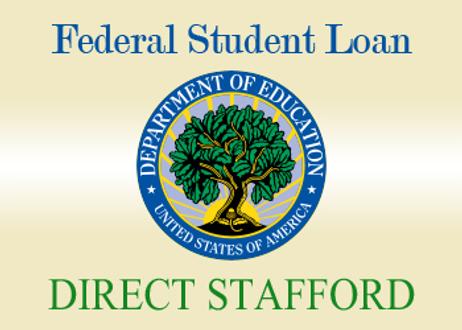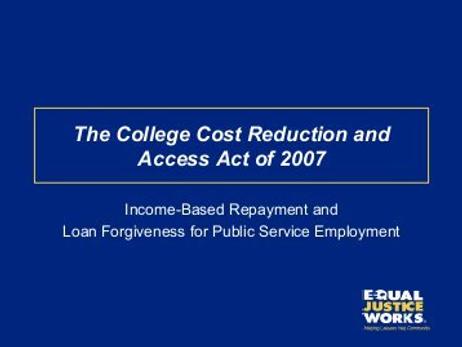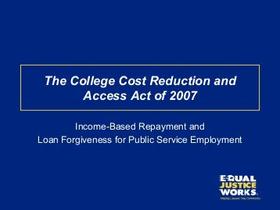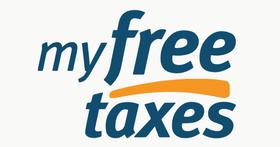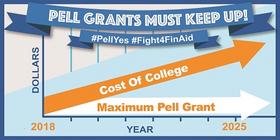As the market steadily slows, and credit, banks, and loan institutions are forced to tighten their budgets, students and schools express concern about affording community college, especially in light of the rising cost of tuition paired with the plummeting availability of funds.
Andy Rosen, in his article “Students, Colleges Prepare for the Private Loan Slowdown,” further explores this issue in asserting: “Area colleges and students are concerned that it will get harder to bridge the gap between federal financial aid and the total cost of education, as a troubled credit market threatens to make private loans harder to get.”
Since many lenders are becoming increasingly cautious in regards to student loans, intuitions are striving to prepare students with additional tools and resources to obtain funds for the school.
This video shares a student's opinion about student loans.
Can I Obtain Loans When Attending Community College Next Year?If you’re seeking funds to attend college next year or in the upcoming future, it is still relatively uncertain as to how much support students will have access to tuition costs. Essentially, as Rosen reveals, “Nobody really knows the magnitude of the problem because many students have already secured their financing for this year.”
Since an economic recession has been predicted for quite some time, many students held onto anticipatory savings; however, this may not be the case in the upcoming semesters


